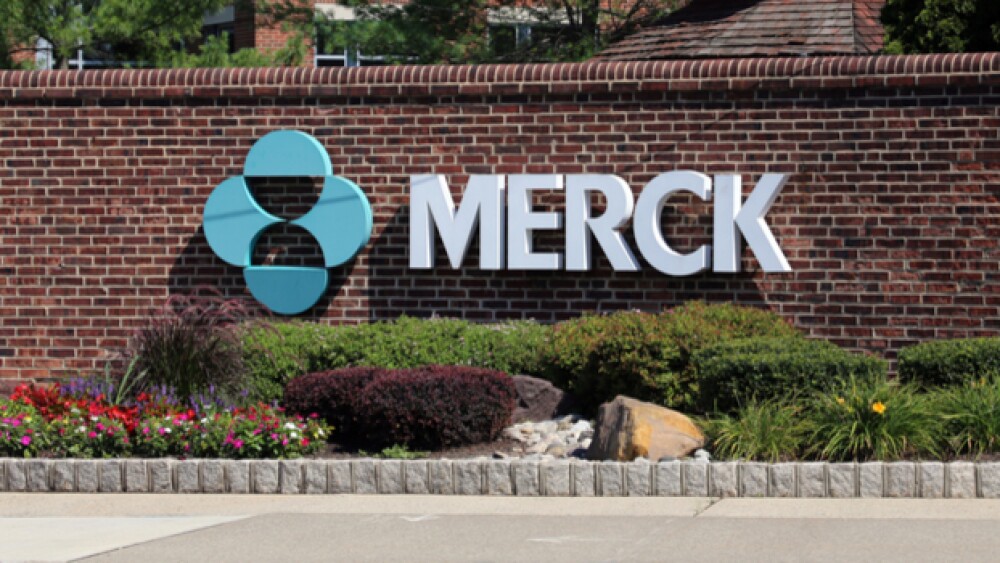On Friday, the FDA approved Merck’s Keytruda, an anti-PD-1 therapy, for the treatment of patients with hepatocellular carcinoma (HCC) who have been previously treated with the chemotherapy drug sorafenib.
Katherine Welles / Shutterstock.com
Merck’s blockbuster checkpoint inhibitor Keytruda snagged regulatory approval for its 14th indication from the U.S. Food and Drug Administration (FDA).
On Friday, the FDA approved Keytruda, an anti-PD-1 therapy, for the treatment of patients with hepatocellular carcinoma (HCC) who have been previously treated with the chemotherapy drug sorafenib. In its announcement, Merck said the latest approval for Keytruda was done under an accelerated approval based on tumor response rate and durability of response. The new FDA approval marks the second one for Keytruda in hepatocellular carcinoma (HCC).
Andrew Zhu, the lead trial investigator and head of liver cancer research at Massachusetts General Hospital, said hepatocellular carcinoma is the most common type of liver cancer in adults. While there have been therapeutic advances made in treating the disease, Zhu said there are still limited treatment options for advanced recurrent disease. Zhu said the latest approval of Keytruda is important as it “provides a new treatment option for patients with hepatocellular carcinoma who have been previously treated with sorafenib.”
It was only two weeks ago that Keytruda snagged approval as a first-line treatment for patients with metastatic squamous non-small cell lung cancer (NSCLC) in combination with chemotherapy. Since its initial FDA approval in 2014 as a treatment for advanced melanoma, Keytruda has racked up multiple approvals for various indications.
The latest FDA approval for Keytruda was based on data from KEYNOTE-224, a single-arm, open-label, multicenter trial evaluating Keytruda in 104 patients with HCC who had disease progression on or after sorafenib or were intolerant to sorafenib. The major efficacy outcome measures were objective response rate (ORR) and duration of response. Trial data showed ORR was 17 percent, with a complete response rate of 1 percent and a partial response rate of 16 percent. Among the responding patients 89 percent experienced a duration of response for six months or longer and 56 percent experienced a DOR for 12 months or longer, Merck said.
Scot Ebbinghaus, vice president of clinical research at Merck Research Laboratories, said the latest approval for Keytruda underscores the company’s commitment to developing treatments for cancers that have been historically difficult to treat,
“We look forward to continuing to advance research for hepatocellular carcinoma across our portfolio with the goal to help even more patients affected by this type of cancer,” Ebbinghaus said in a statement.
Adverse reactions occurring in patients with HCC were generally similar to those in patients with melanoma or non-small cell lung cancer.
Sales of Keytruda generated more than $3.8 billion for Merck in 2017.





